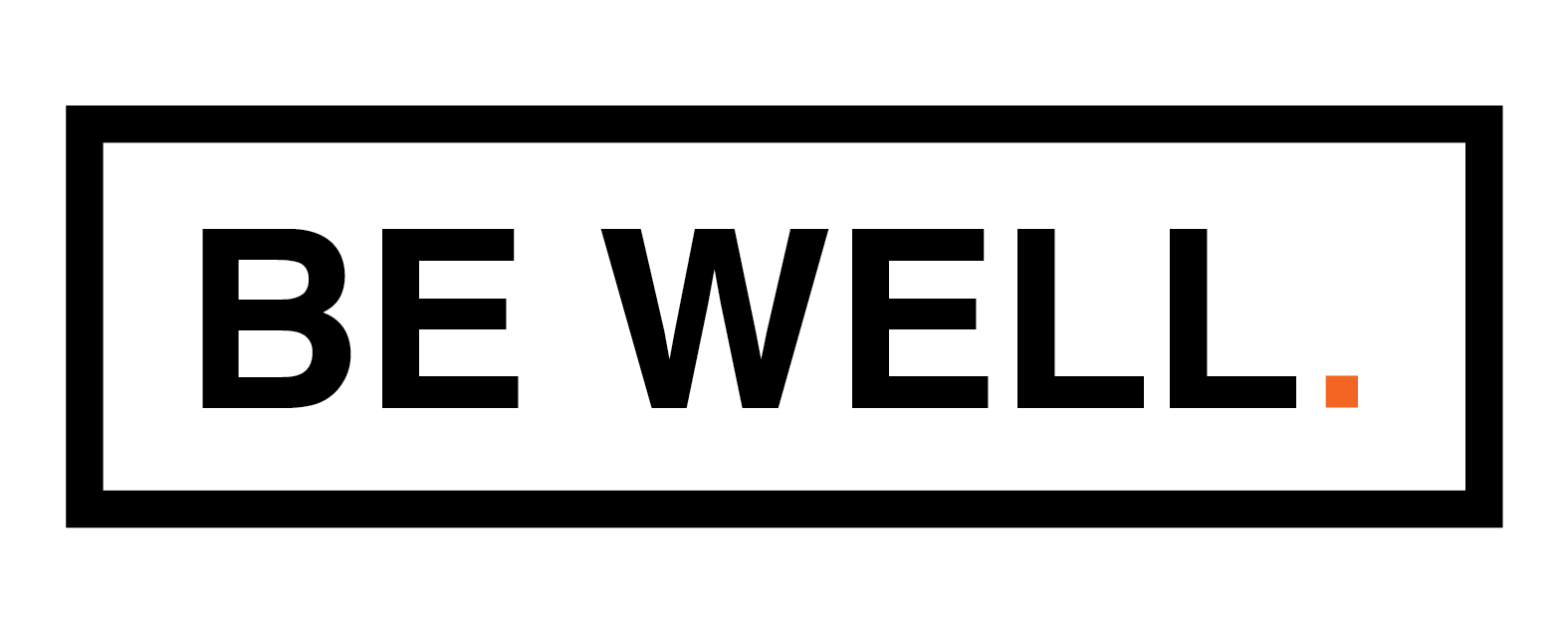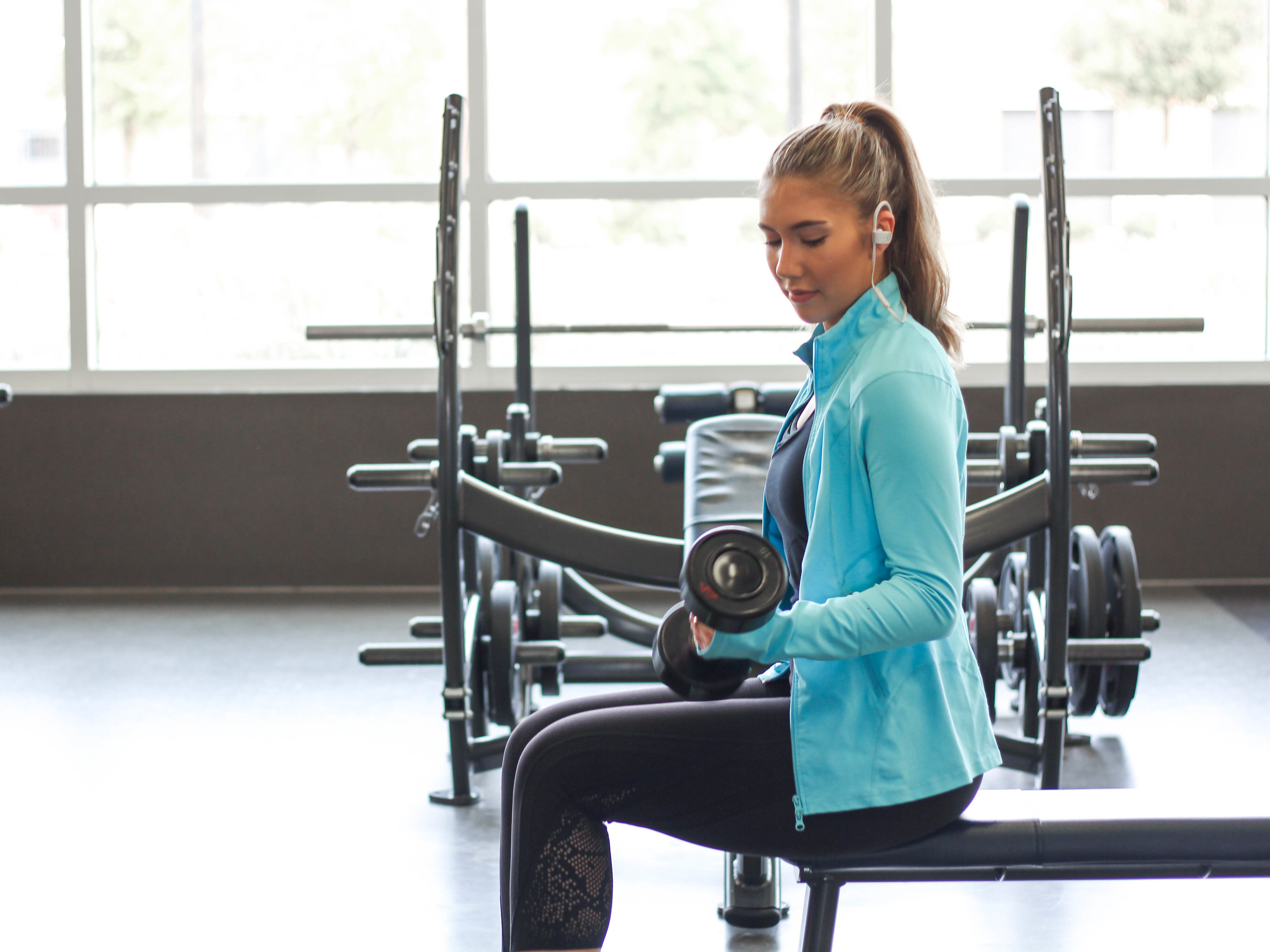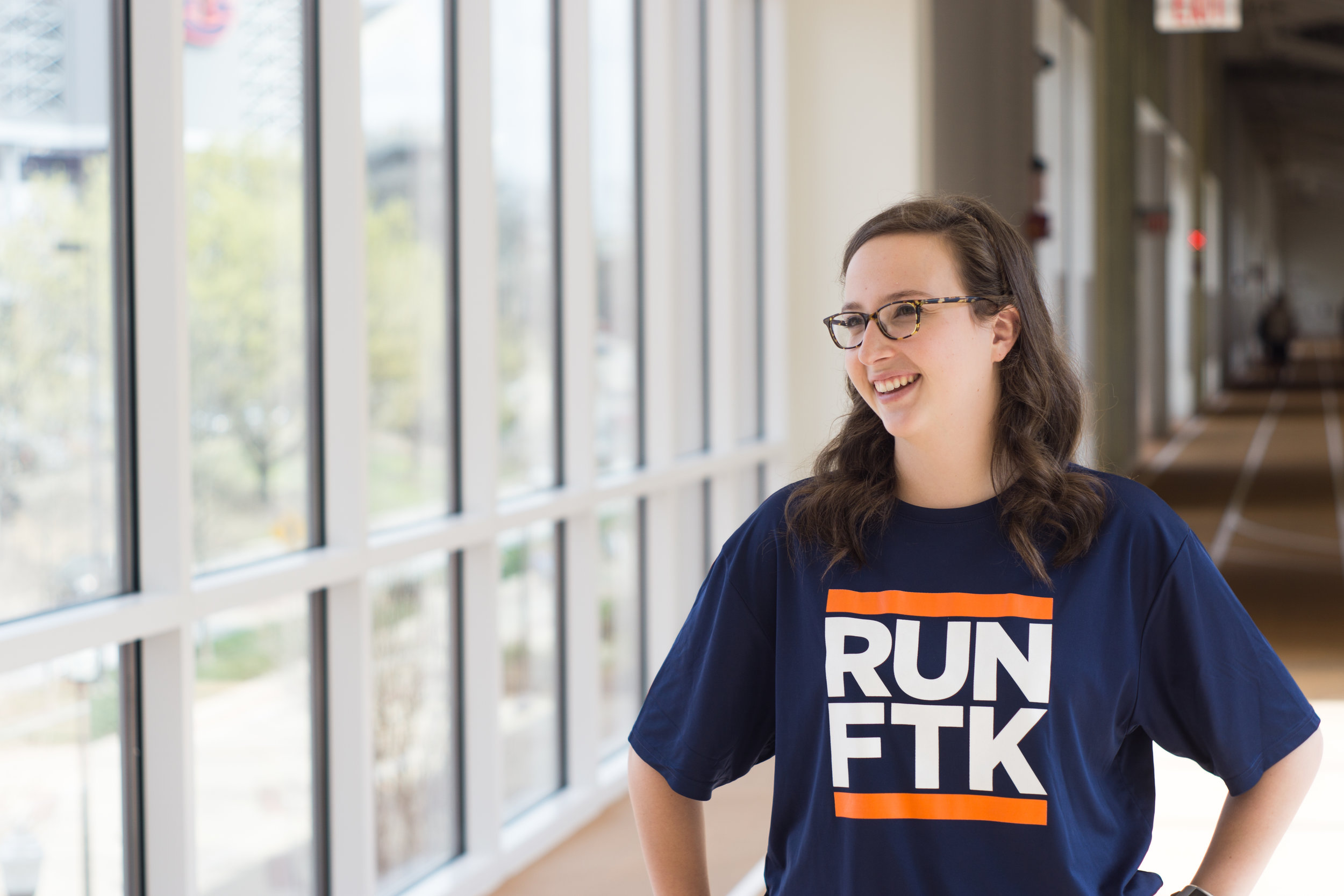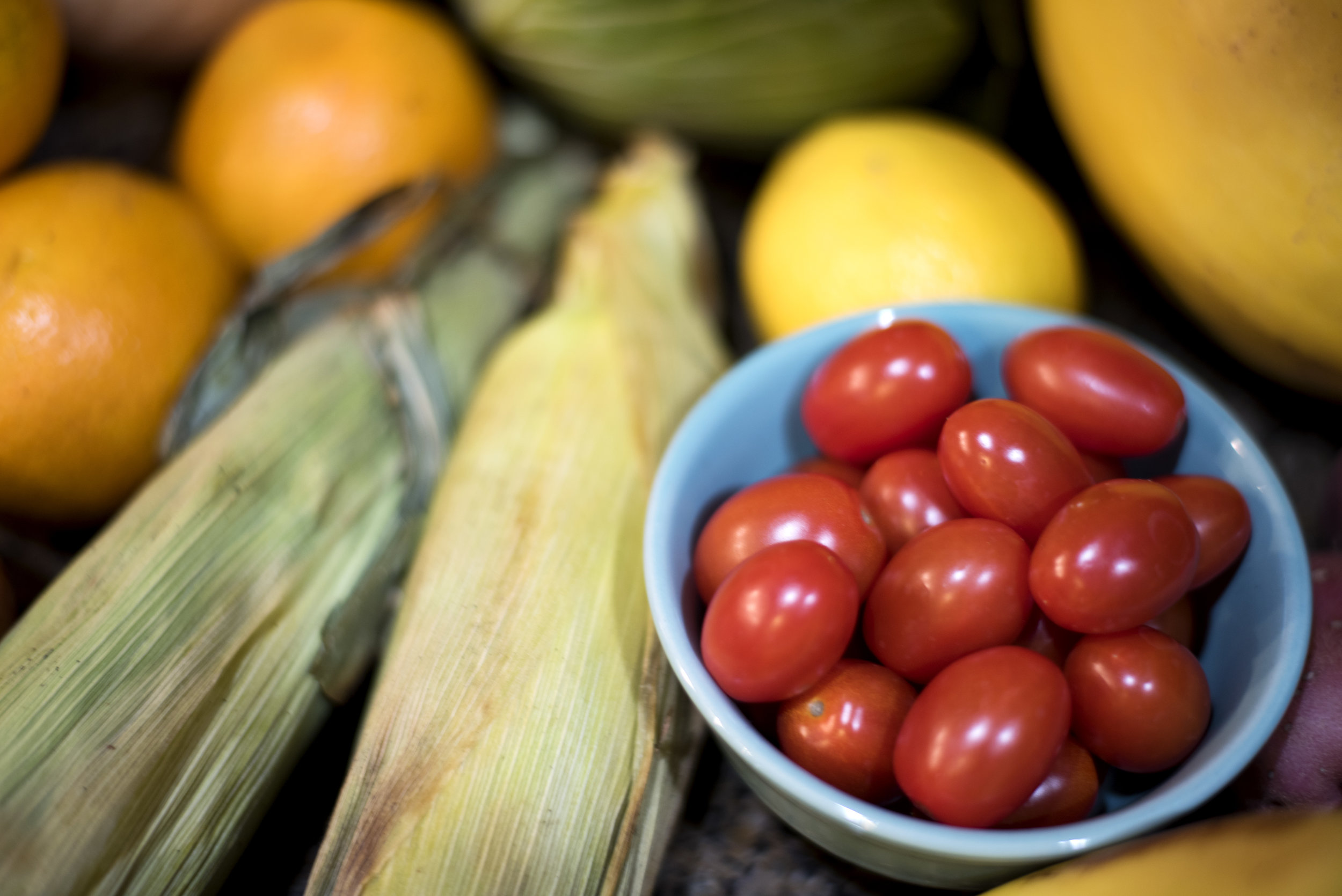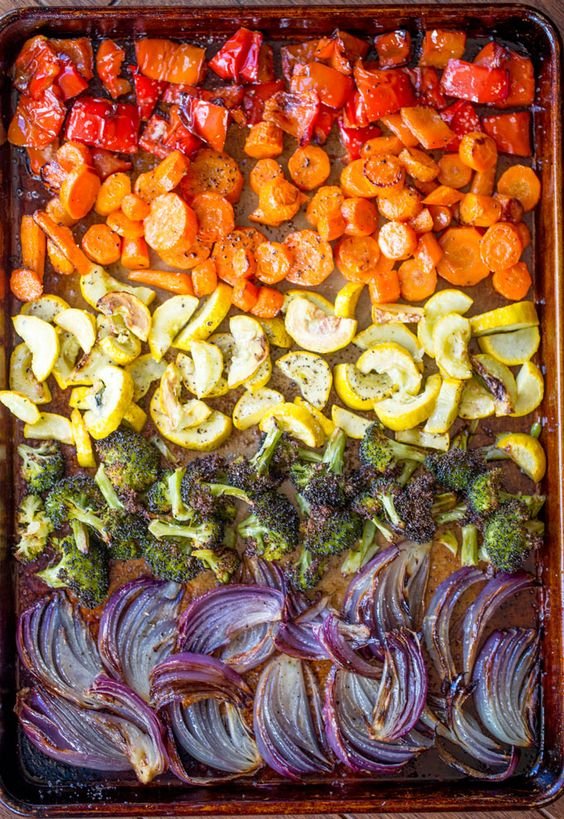A Week Without Waste

Interested in living sustainably? Try living a week waste-free on and off Auburn's campus.
According to Joan Hicken, Waste Reduction and Recycling Coordinator at Auburn University, Auburn’s campus produced over 9,162,000 pounds of waste and recycled over 1,812,000 pounds of cardboard, paper and various containers in 2016.
Auburn’s campus has increased its annual recycling rate by 8% within the last two years, bringing it up to 18%.
Like many of you, I am an avid BuzzFeed reader. One day as I was scrolling through, a video caught my eye… a girl decided that she was going to live waste free for an entire month! I had never heard of someone doing anything as sustainable as this, so I was immediately intrigued. After a few days of careful thought, I decided to take on the challenge myself. Instead of a month though, I would attempt living waste-free for a week. Here's how it went:
Day Zero | Saturday
Feeling excited and nervous for the week to come, I grabbed my best friend and headed to the grocery store equipped with mason jars and reusable bags. From my experience shopping around Auburn’s organic stores, I’ve learned that the best places to shop are Kroger, Parkway Farmer’s Market and Earth Fare, so we headed there. After purchasing fresh produce and snacks by the jar, we swung by Blooming Colors to buy soil and a compost fertilizer to get started. While we were there, we ran into a man who spoke with us for about 20 minutes expressing his excitement about the fact that I was going to compost my organic waste. In that moment, I realized that I was not doing this alone; I was now a part of a community of people passionate about sustainability.
When I got home, I put my trashcans away so that I wouldn’t carelessly throw something away. Then I researched to make sure I knew what to expect. If I followed sound advice from people who had done it before, the odds of me actually pulling it off would increase. Upon googling, I came across this girl who could hold all of her trash in her hand after four years, so this should be easy, right?
Day One | Sunday
Day One wasn't as hard as I thought it would be. There were moments where my instincts told me to throw something away, but then I stopped myself and thought about what I was doing. I just had to change the way I did normal things. For example, I washed my face with soap instead of using makeup wipes. I got the same results without the waste, so it was a win-win.
Day Two | Monday
I felt empowered on Monday. The only waste I produced was a small piece of wrapping from the butter stick I used to cook with. I brought fruit on campus to eat for breakfast and a container to hold the remains, so that I could put them in my compost once I returned home. I grabbed grits from Plains2Plate on campus and planned on washing the container so I could use it to hold my breakfast for the next day. Usually, I would just throw things like a leftover container away, but not being able to dispose of anything made each decision a conscious one.
Day Three | Tuesday
Tuesday was tough. I have problems with my blood sugar dropping, and mine decided to tank, so grudgingly I had to buy a chocolate bar to bring it back up. I was challenged yet again to find food on campus. I found that packing my lunch is the best way to go, but it’s also an extra thing to carry. Let’s be honest, celery doesn’t compare to a bag of chips, but I can do this. That Snickers was just too good…
Days Four - Six | Wednesday - Friday
I started to get the hang of being a waste free student, but holy cow (no pun intended) was I hungry for some Chick-fil-A. Don’t judge me, but I had to go get some. Other than the lid of the sauce container, I could recycle or compost the rest. Other than my moment of weakness, I was honestly surprised by how well I did this week. Thinking about my progress encouraged me to continue after the experiment ended. At this point, I’m just looking forward to using things as simple as a paper towel and Q-Tips again.
Last Day | Saturday
I was ready for Saturday to come. Is that a bad thing? Why was I so ready to be wasteful again? Going completely waste free on campus was close to impossible, but thankfully some places are already taking step towards sustainability. Plains2Plate has biodegradable trays which are better for the environment, and Chick-fil-A no longer carries Styrofoam cups.
Even though it was inconvenient at first, this experiment forced me to evaluate and adjust my daily routine to reduce wasteful spending. Being sustainable starts with little changes, and that’s encouraging. So here’s to my ever growing compost, my newly formed outlook on trash, and my week waste free.
What I Learned:
There’s a lot we throw away that can be recycled; you just have to take the initiative and make an effort to look.
It’s easy to substitute everyday items that would end up in the landfill with reusable products (i.e. reusable containers and real silverware vs plastic bags and plastic fork sets).
It’s the daily, conscious effort that becomes a habit.
Composting is fun, and I don’t know why I didn’t start sooner.
Eating organic/waste-free leads to being healthier. Once I cut out soda, processed foods and products containing lots of sugar from my diet, I noticed that my clothes started fitting better. I lost weight, and I felt better overall. That was not my intention, but it proved that a lot of processed foods lead to poor health. If you want to learn more about this topic, check out the documentaries Fed Up and Food Inc.
What You Can Learn From This:
- You don’t have to go waste free to make a difference. Simply using a reusable water bottle eliminates the need for plastic bottles, therefore helping our environment and helping your wallet.
- Composting is simple, inexpensive and rewarding. Knowing that you're helping the environment, reducing waste and creating an environment capable of growing your own food is truly empowering. Try it out. What do you have to loose? (Need help? Check out this site for some useful tips to get you going http://eartheasy.com/grow_compost.html)
- “Waste” is something humans created. In nature there is no such thing as “waste." Everything that is produced is used again in some capacity, so why are we the only living beings that function differently? Think about living in such a way that closes the waste loop.
- Reduce, reuse, recycle…in that order. By reducing the need for wasteful products, you’re eliminating the problem all together. If you can’t eliminate it all together, like my cup from Plains2Plate, then reuse it, and finally after it’s met its life capacity, recycle it.
- Eating organic can be expensive if you aren’t aware of where to shop. Farmers markets are a great alternative to grocery stores due to their local produce and cost. If you haven’t tried shopping at one yet, do something different and try the one here in Auburn. You won’t regret it.
- Global warming is real, but there is hope! The first step is education, followed by conservation. Initiating healthy dialog is a great way to spread the word about sustainability.
- There’s so much you can do on a small scale! Just think about if everyone at Auburn reduced their waste production by 80%. Of course that’s unrealistic, but implementations like Weagle Water, the refillable water stations located around campus, have lead to the reduction of thousands of plastic bottles on campus.
- Sustainability is for everyone…no matter your age, race, gender, or political preference.
I’ll leave you on this note:
“We strive to make recycling accessible and convenient. We want to encourage students, staff, faculty and visitors to incorporate recycling into their daily routines on campus. Recycling provides both environmental and economic benefits. Among its environmental benefits, recycling reduces the amount of waste sent to landfills, conserves natural resources and saves energy. Among its economic benefits, recycling encourages the growth of industry and creates jobs.”
- Joan Hicken
A special thanks thanks to Joan Hicken and Mike Kensler, Director of campus sustainability operations Office of Sustainability, for all of their help.
Photography: Cat S
Born and raised in the 256, Lydia is majoring in interior design and minoring in sustainability. Growing up with an eye for design, she pursued photography as a child and later fell in love with the simplistic beauty of modern architecture.
A lover of tattoos and all things black, Lydia believes that artistic self-expression is what makes each person unique. When she isn't hard at work on studio projects or working here in the marketing department, you can find her taking photos and cuddling with her dog. She wants to move to New York City to continue her career in design, so she can open her own architecture firm with her brother.
